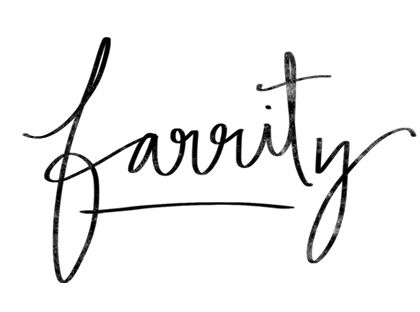So, I decided to look into one of my most favourite brands and try to figure out how ethical my 'ethical' purchases are. So here goes...
One of my favourite shops is the Swedish high street brand H&M; I love their clothes, their style and, yes, their affordability. As such, it really pleased me when they began widely advertising their Conscious Collection and created and marketed their reuse/recycle campaigns. Could this mean that my favourite, albeit 'fast fashion' brand, is now ethical too?
Some may say that their ethical efforts are just marketing ploys to try and attract more customers, and others say that they are showing the way for other similar fashion companies to copy, highlighting a new and fairer way to do business in fashion. So what makes them ethical?
From detailing their organic materials to including information on their ethical partners online, H&M publishes reports on their sustainability and what it is that makes them a more ethical company. I have tried to give you a snippet of their policies, and you can read more about it all on their website here.
Materials
H&M lists the materials used in their Conscious fashion items (here), which includes recycled materials such as wool, and organic cotton, silk, leather, hemp, and linen. Indeed, they are the 'number one user of certified organic cotton in the world'*.
Partners
They work with partners who also try and meet their sustainable and ethical standards. They also promote fair wages, and have met with international governments to discuss and promote higher minimum wages.
Ethical employer
H&M prides itself with being a fair and ethical employer, and they offer their customers honesty and diversity. For example, they offer training on their business standards to their staff, most of which are women.
Climate change
H&M tries to produce its clothing with less and less environmental impact. It uses renewable energy where possible, and reduces its carbon emissions.
Campaigns
The store advertises its 'Reduce, Reuse, Recycle' campaign and offers a place where you can hand in old clothes at the counter and receive a reward. H&M can reuse and recycle your old clothes for you, rather than consigning it to the bin. The reward? Usually a voucher to use to receive a discount on another purchase.
Working with communities
H&M tries to help the communities around it and works with charities to improve the conditions for its workers around the world.
So what's the deal?
Reading the information on their website and in their 'Conscious Actions Highlights' leaflet, it is obvious that this brand wants to work towards being more sustainable and ethical. There are a few grey areas, such as the policies of their partners and whether or not they have reduced their emissions to the recommended amount to reduce global warming, yet this is to be somewhat expected in this business and is more difficult to enforce. In particular, when partnering with other businesses and suppliers. However, I must say that I am very happy with the amount of information supplied by H&M and how much they are trying to clean up their production of clothing. I myself have traded in a few bags of clothes in exchange for vouchers a few times, and enjoy this easy way of how a customer can be a bit more ethical (though you need to spend over a certain amount to use the voucher...a bit cheeky. Its business, I suppose).
Their 'looking good should do good' mantra
H&M lists the many ways in which they are trying to achieve their sustainable and ethical ambitions, and this is something, in my opinion, to be applauded. I am happy that I can shop somewhere that is really trying to do something about Fairtrade in fashion, and to be purchasing items from a company which is leading the way for other similar affordable fashion brands. Could this be a template for other shops and fashion brands to follow? Could their ethical policies be 'rules' for all brands? Perhaps, and maybe if H&M tries to copy their Conscious collection and use it for their other lines, then they could make a real difference not only in the fashion industry, but also be a leading example for other industries too. After all, isn't it better to be doing something, than doing nothing at all?
Want to read more?
One of my favourite ethical magazines, Eluxe Magazine, has written on this subject, and you can read their interesting article here.
Get in touch
What do you think about 'ethical' brands? Are they really that ethical? Can they use one organic material, for example, and not use other Fairtrade materials, and call themselves 'ethical'? Please get in touch and let me know your comments!
*Quote from their Conscious Actions Highlights 2014 booklet. Information used is from their website and booklet.
(Not that it needs to be noted, but this is not an endorsed post)















